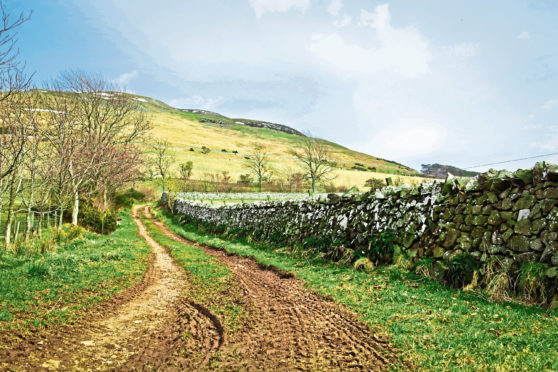Scottish farmers have been told they could become the champions rather than villains of climate change if prepared to follow a new path of “transformative” measures advocated by an independent group.
The Farming for 1.5°C Inquiry – made up of farmers, scientists and researchers, environmentalists, policy experts and campaigners –has published an interim report it believes will meet the challenge of limiting global warming to 1.5°C, will lead to net-zero for Scottish farming and ensure the future of a robust industry,
The interim report makes it clear success will require more than tinkering at the edges of current support schemes, but rather an ambitious “emissions reduction plus sequestration pathway” which would have targets and whole-farm plans of action for each of the three key greenhouse gases.
The report states: “If the industry embraces this opportunity and accepts the challenge, it will be able to claim a progressive central role and be seen to be offering leadership in a field in which it has – until now – been seen to be a reluctant player.”
The report also acknowledges that the collective changes required to meet the challenge represent as great a change to Scottish farming within a generation as the change from horses to tractors.
To work, the inquiry says there needs to be urgent reform of rural policy, including subsidies, advice and regulation – and a new approach to knowledge sharing and technical support to speed up change.
Among key principles advocated in the report is better soil and nitrogen management, on-farm reduction targets for greenhouse gases and an immediate ceiling on agricultural methane emissions with an aim of at least 30% reduction by 2045 compared to today.
Improvements in animal health are called for across all sectors, as well as the integration of agroforestry and renewable energy on farms.
The report also calls for creation of a transformation steering group, with high level representation from across government departments and key stakeholders, including working farmers and scientists.
